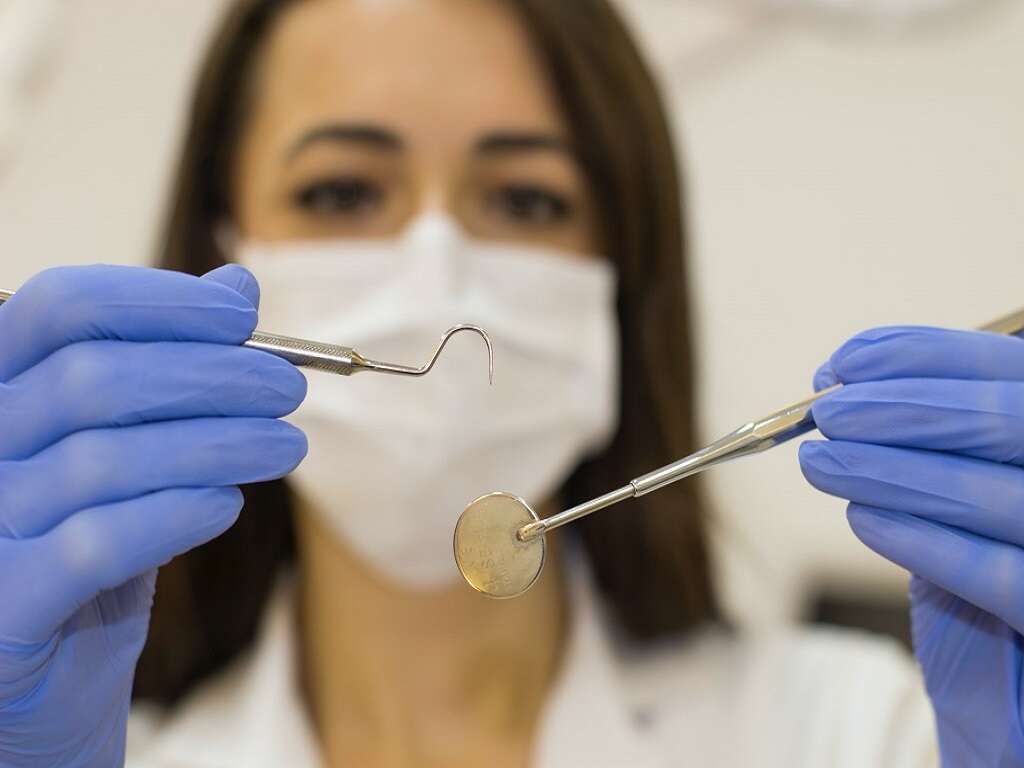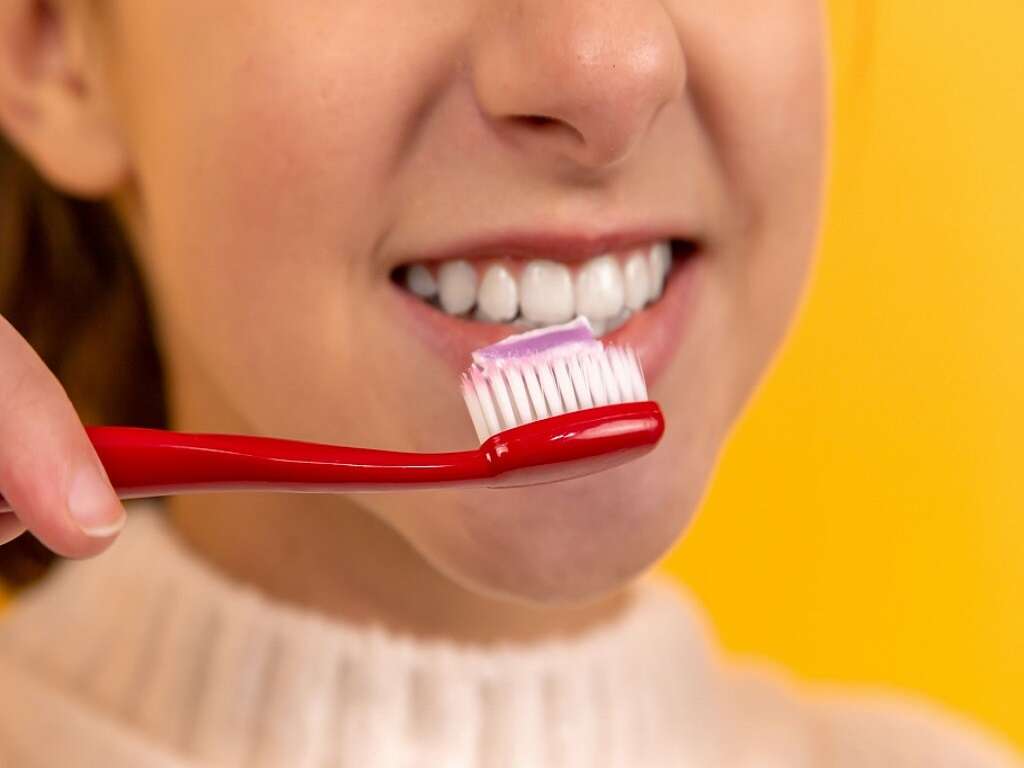Metallic Taste in Mouth Causes, Treatments and More
 Article Sources
Article Sources
- 1. Team, Family Health. '8 Possible Causes for That Metallic Taste in Your Mouth.' Health Essentials from Cleveland Clinic, Health Essentials from Cleveland Clinic, 28 Sept. 2020, health.clevelandclinic.org/8-possible-causes-for-that-metallic-taste-in-your-mouth/
- 2. Team, Family Health. '8 Possible Causes for That Metallic Taste in Your Mouth.' Health Essentials from Cleveland Clinic, Health Essentials from Cleveland Clinic, 28 Sept. 2020, health.clevelandclinic.org/8-possible-causes-for-that-metallic-taste-in-your-mouth/
- 3. Yetman, Daniel. 'Metallic Taste in Mouth and Fatigue: Causes and Treatment.' Healthline, www.healthline.com/health/metallic-taste-in-mouth-and-fatigue#causes
- 4. Lead Poisoning:'Symptoms, in Children, in Adults, Causes.' Medical News Today, MediLexicon International, www.medicalnewstoday.com/articles/306601#in/children
- 5. Sensory Changes with Dementia.'AHAVA Memory Care, 12 Mar. 2018, www.ahavajaa.org/news/1520875846-sensory-changes-dementia
- 6. Plante, Alexandra. 'Could Dementia Be Changing The Way You Taste?' MetaQil, 18 Aug. 2020, metaqil.com/dementia-changing-taste/#:~:text=Foul and unpleasant tastes can,rest of our body functions
The metallic taste in the mouth that people sometimes encounter is not usually serious and can be a symptom of any number of different things. This type of taste disorder can develop overnight or over a long period of time. Some individuals could experience a metallic taste combined with fatigue or other symptoms.
A persistent metallic taste in the mouth, otherwise known as parageusia, could be caused by something as simple as poor oral hygiene, which anyone should be able to rectify quite easily. Prescription drugs, certain multivitamins, and infections are just some of the other possible causes of a metallic taste in the mouth.
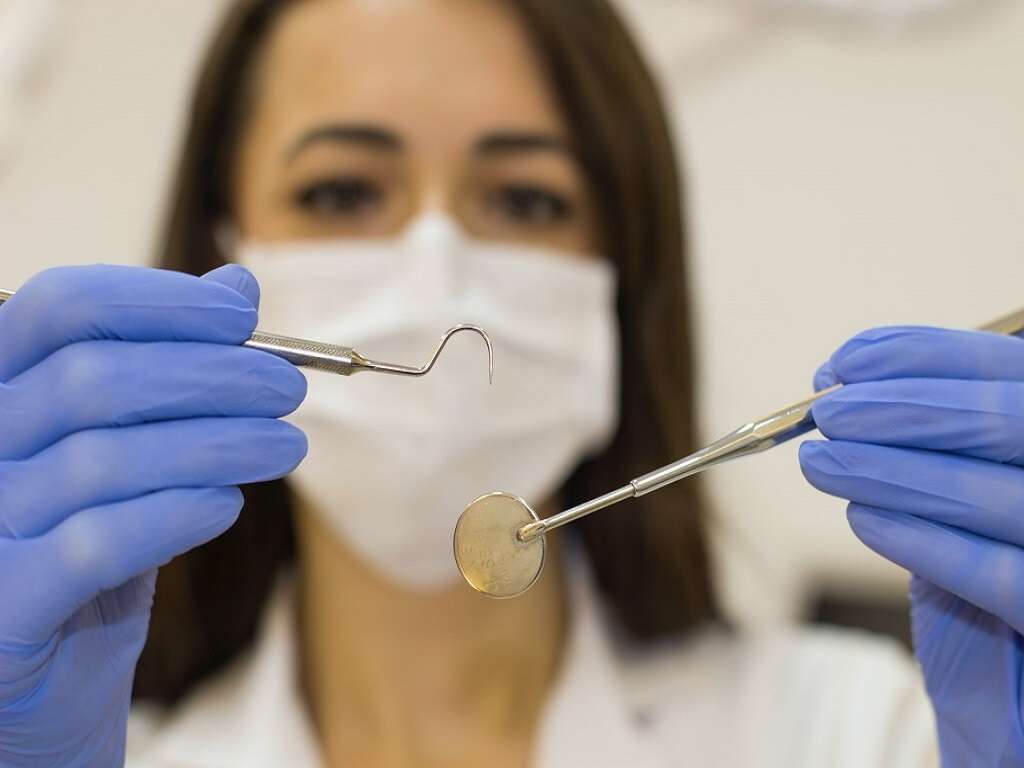
Poor Oral Hygiene
People may experience a metallic taste in their mouths if they don't properly brush their teeth regularly. Practicing poor oral hygiene could result in teeth and gum problems, such as gingivitis, periodontitis and tooth infection.1Team, Family Health. ‘8 Possible Causes for That Metallic Taste in Your Mouth.’ Health Essentials from Cleveland Clinic, Health Essentials from Cleveland Clinic, 28 Sept. 2020, health.clevelandclinic.org/8-possible-causes-for-that-metallic-taste-in-your-mouth/
If poor oral hygiene is the cause of the metallic taste in the mouth, individuals may encounter other symptoms including swollen, bright or dark red gums and bad breath. A visit to the dentist may help determine if the issue is down to oral hygiene. After an examination, a dentist may give the teeth a professional clean and possibly prescribe medication to treat any infection.

Prescription Drugs
Certain prescription drugs may be the cause of the tinny taste in the mouth. The antibiotic called tetracycline may be a possible cause, as could one of the medications used to treat gout, allopurinol. Lithium, which is used in the treatment of some psychiatric conditions, and certain cardiac medications may also be the culprit.
These and certain other prescription drugs can close an individual's taste buds, which would affect their taste, possibly resulting in that metallic tasting mouth.

Supplements
People may experience an unpleasant metallic taste after taking certain supplements, such as multivitamins. Multivitamins, especially those containing heavy metals, such as copper, zinc and chromium, are common causes of the off-putting taste.2Team, Family Health. ‘8 Possible Causes for That Metallic Taste in Your Mouth.’ Health Essentials from Cleveland Clinic, Health Essentials from Cleveland Clinic, 28 Sept. 2020, health.clevelandclinic.org/8-possible-causes-for-that-metallic-taste-in-your-mouth/
Certain poor-quality vitamins may contain heavy metals, which could also cause a metallic aftertaste. The same can apply to iron supplements, such as ferrous sulfate, which could cause a metallic or coppery taste in the mouth if given intravenously, as well as when taken orally.

Infections
Sinus infections can sometimes compromise the ability to smell. When this happens, there is a chance that the capacity to taste will follow suit, which could result in a metallic aftertaste.3Yetman, Daniel. ‘Metallic Taste in Mouth and Fatigue: Causes and Treatment.’ Healthline, www.healthline.com/health/metallic-taste-in-mouth-and-fatigue#causes
The metallic taste in the mouth is sometimes combined with fatigue as the body tries to fight off the virus or bacteria. Hay fever, ear infections and upper respiratory infections are other conditions that could compromise the sense of taste, which could leave a metallic taste in the mouth.

Cancer Treatments
Cancer treatments, such as radiation and chemotherapy, can sometimes result in a variety of side effects. One of the common side effects of these treatments is a bitter metallic taste in the mouth. The aftertaste should disappear once the treatment ends.
Anyone who experiences a metallic taste during cancer treatment may be able to mask the problem by eating certain foods. Adding tart ingredients, such as lemon juice and vinegar, to meals may help disguise the bitter taste.

Chemical Exposure
Chemicals, such as lead or mercury, can sometimes be the cause of a metallic taste in the mouth. Some paints contain high levels of lead, which can sometimes be found in older houses and in toys. If inhaled, it could not only cause a metallic aftertaste but could also be harmful to health, especially for children.4Lead Poisoning:’Symptoms, in Children, in Adults, Causes.’ Medical News Today, MediLexicon International, www.medicalnewstoday.com/articles/306601#in/children
Individuals may be exposed to mercury from handling broken household items, such as thermometers, and could bring the toxic chemical into the house after visiting industrial sites.
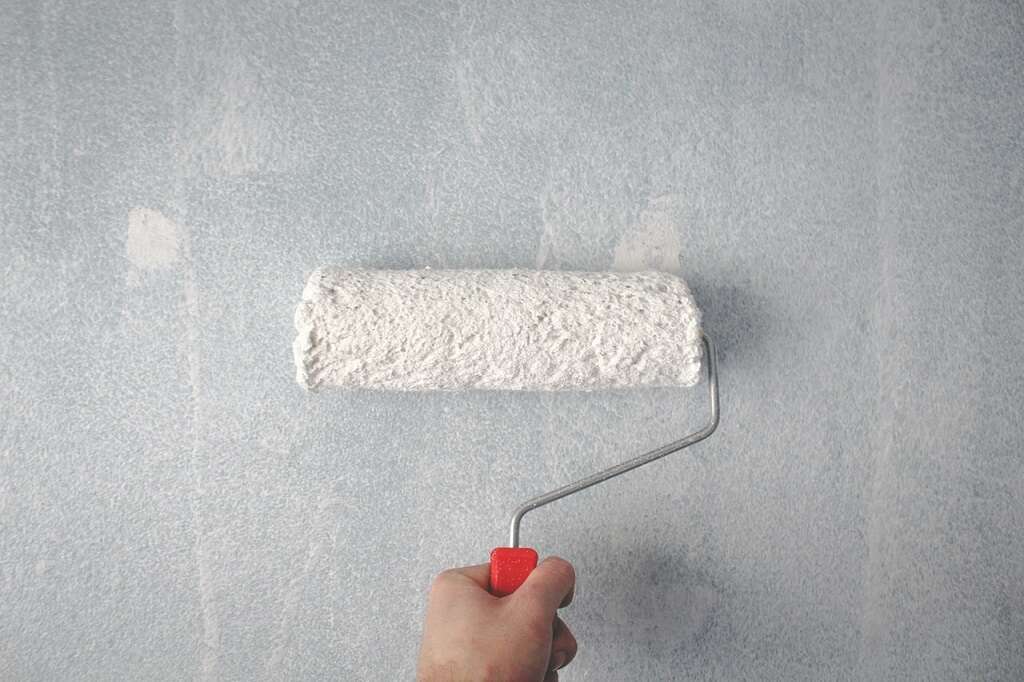
Dementia
The section of the brain that controls taste can sometimes stop working in dementia patients.5Sensory Changes with Dementia.’AHAVA Memory Care, 12 Mar. 2018, www.ahavajaa.org/news/1520875846-sensory-changes-dementia Some dementia patients may not be able to distinguish the difference between rotting food and perfectly edible food due to the brain's inability to recognize the difference.
When the portion of the brain that relates to taste is compromised, dementia patients may begin to experience a number of changes connected to it. These may include a preference for unfamiliar foods or a metallic taste in the mouth.6Plante, Alexandra. ‘Could Dementia Be Changing The Way You Taste?’ MetaQil, 18 Aug. 2020, metaqil.com/dementia-changing-taste/#:~:text=Foul and unpleasant tastes can,rest of our body functions

Pregnancy
It is not uncommon for women to experience a radical change in their hormones during pregnancy. This could be one of the reasons why they sometimes experience a metallic aftertaste in their mouths. This can especially occur during the early stages of pregnancy.
Some pregnant women may experience an enhancement in some of their senses while carrying a child, including their sense of smell, which may be another reason they sometimes encounter the metallic taste in the mouth.

Vitamin B12 Deficiency
A vitamin B12 deficiency could create a multitude of symptoms. Individuals with insufficient amounts of the vitamin in their bodies could experience bouts of breathlessness, pins and needles in the hands and feet, mood swings and yellowing of the skin.
An individual's inability to produce red blood cells due to a deficiency could bring on bouts of fatigue and in severe cases, nerves could become affected. This could cause an unpleasant metallic taste in the mouth.
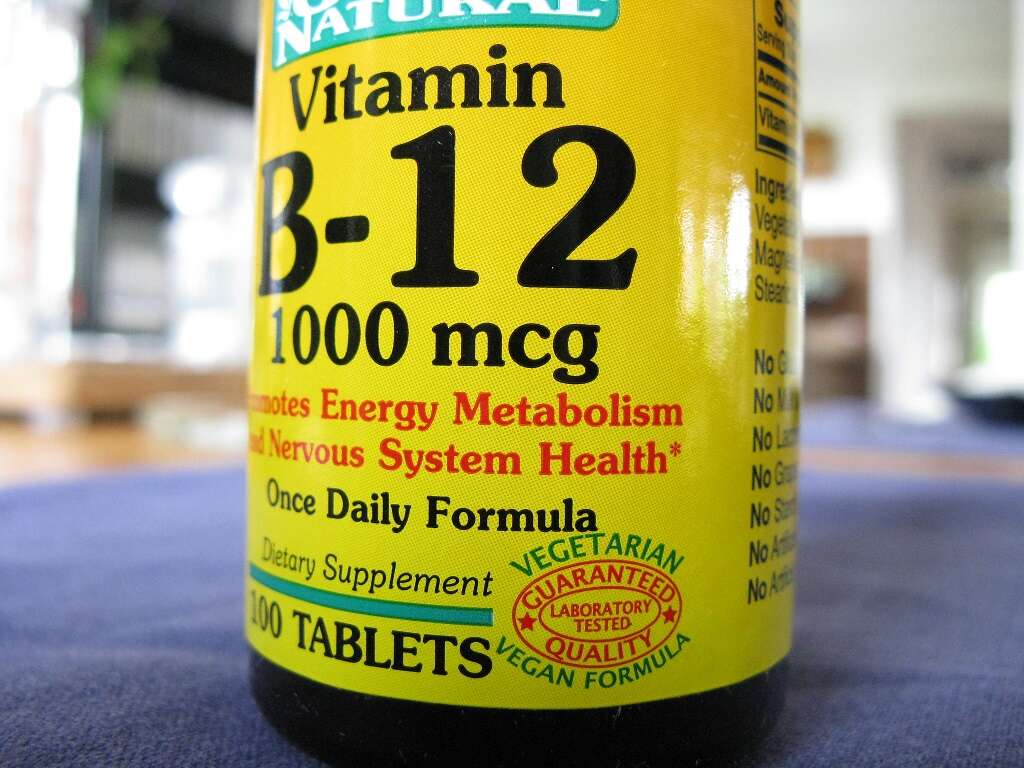
Treatments and Prevention
In certain cases, such as cancer treatments, the taste may only disperse after treatment is finished. Oral infections may be avoided if teeth and tongue are cleaned twice daily. Any infections of the gums or around the teeth may need the attention of a dentist.
Metal utensils may add to the problem, so using plastic ones could help reduce the effects of the metallic taste. Certain medications may be the root cause of the problem, so talking to a doctor may help solve the issue.
